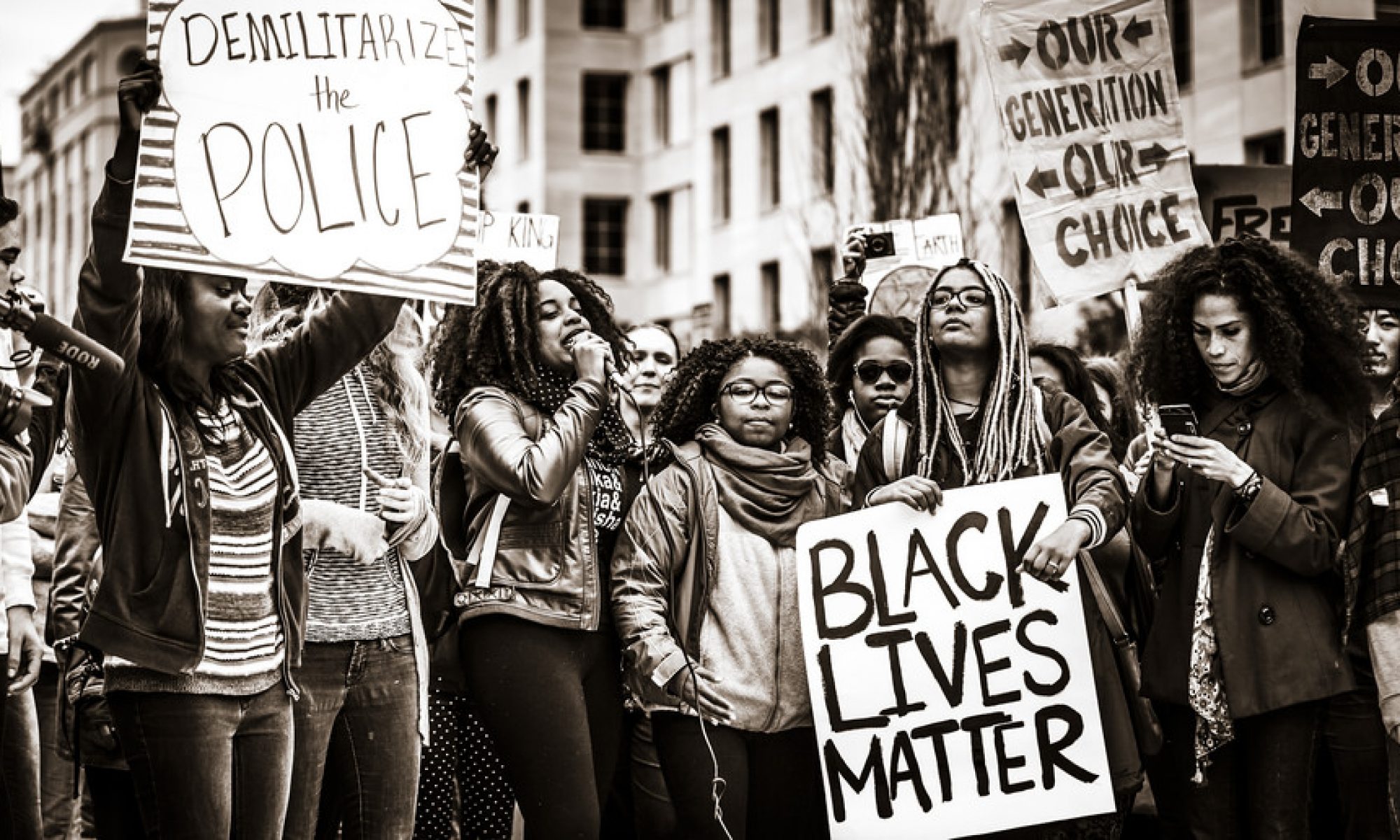This post is partly inspired by recent student activism at the College of Wooster, represented collectively by the Galpin Call-in, as well more recently students, especially students of color’s concerns about campus climate and diversity within the student body and faculty. As some of you might remember, there was also student protest (supported by faculty and staff) when a trustee made some problematic comments during fall 2016 and the accompanying letter from faculty of color. It’s also inspired by Madelyn’s post about the importance of strategizing and organizing. We’ve discussed a lot of this in class, though mainly about the past and not at the College of Wooster.
Of course, many of you know about the Galpin Call-in, and may have participated in it. But you should also know that black students , especially black women are responsible for the MLK Day celebration, which the College inaugurated in January 2014.
In the past, Susan Lee (a black alum), then an assistant dean (I might be wrong her title)/dean of multiculturalism, and co-director of what was then called the Center for Diversity and Global Engagement, held a MLK Celebration at the College that spanned the entire week.
Lee’s MLK events were often under attended and the same people, such as myself, other faculty of color and allies, supported it. The College, though it paid for it, did not support it the way it does now. A major difference is canceling of classes, formally inviting the College and surrounding community to participate, and holding these events, etc . . . the day. The point here is, while cancelling class for a week is untenable, that the College cancels classes for a full day now is demonstrative of the College’s full support.
Certainly, black faculty, staff, and allies among faculty and staff played a role in the establishment of this tradition at the College. But arguably, it would not have happened if several black women, such as Deja Moss, President of the BSA, (and maybe a couple of black men) did come to a faculty meeting in fall 2013 and eloquently explain why having a MLK Day, cancelling class, etc . . . was important not only to them but also the College of Wooster. This set the stage for faculty and others to carry their voices across in the faculty meeting once they left. Put another way, they strategized, organized, and coordinated with faculty and staff, but ultimately, it was their work and voices that pulled it off.
